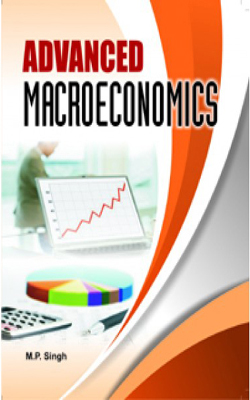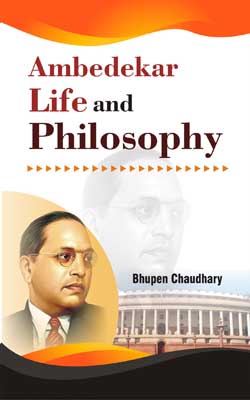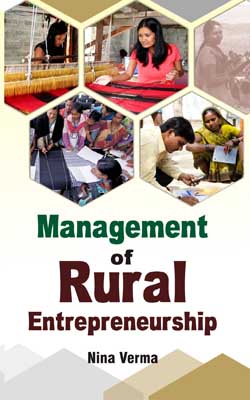Description
About the Book
The new edition is the most comprehensive and informative study about the process of modernization of national security system of South East Asian countries. The author gives a detailed account of the crisis and correction in security policy in this region. The security situation in Southeast Asia is remarkably complex, with multiple forces and trends emanating from within the region and impacting on it. The forces at work fall into two broad categories. One involves globalized, transnational, and multinational factors, such as rapid economic change with profound implications for political stability; the sudden emergence of militant jihadist networks that have mounted violent attacks against the political and cultural status quo in much of the region.
About the Author
Wim Swann has a Master’s in Economics from Delhi School of Economics and History from the Woodrow Wilson School of Princeton University. She worked with the World Bank over the period 1971 to 2006, where she was actively involved as a ‘front-line operator’ to help put remotely-conceived development plans into action. Thus, after assignments working on Eastern Africa (1979-86) and Latin America (1986-90), she also served in implementing programs in the Sahel region (1990-94) and Southern Africa (1994-96). Subsequently, as Director for Social Policy and Governance in the East Asia and Pacific Region (1997-2000), she helped to mould and implement the World Bank’s initiatives to minimise the impact of the East Asian financial crisis. Much of her works in these various postings centered on socio-economic policy and governance. Thus, she dealt with issues related to civil society, including those arising out of preconceptions about gender. She served as counselor to the president on issues involving ethics, values, rights, and faith in development work which reflects the recent growing realisation that development institutions like the World Bank share common goals with religious traditions in the alleviation of poverty and its attendant problems; and that there is the need for a symbiotic dialogue between these two in order to maximise the benefits from their working together synergistically. Since 2000, she is also associated with Berkley Center for Religion, Peace and World Affairs.











Reviews
There are no reviews yet.